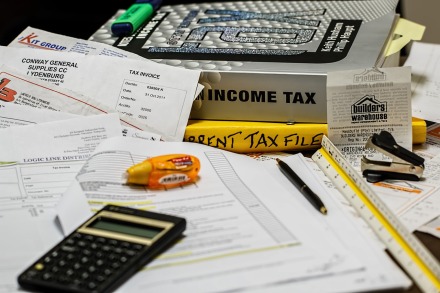

It’s a common question from self-employed people. Why send money to the government during the year when you could instead hold onto your money and just pay what you owe at tax time?
Digging Holes
Here’s an example of why you make estimated tax payments. This scenario is real for several of my clients.
Joe the Window Washer, a self-employed person, did not make estimated tax payments in 2014. Joe’s business was wildly successful in 2014. When he files his 2014 tax return, he finds out he owes $30,000. Joe doesn’t have $30,000 just sitting around to send to the government, so he either 1) enters into a payment plan, or 2) sends the IRS what he can, when he can. (NOTE: Option 1 is the recommended course of action….)
Time goes quickly. Another year passes. It’s time for Joe to file his 2015 tax return. It was another profitable year. He owes another $30,000 in taxes. All the money he sent to the IRS in 2015 was applied to his 2014 tax debt. Now he’s got another $30,000 debt to add on.
At this point, Joe crosses his fingers and hopes for a big job to come along so he can “just write a check and pay it all off.”
Alas, the big job never comes.
Or if it does come along, all that happens is Joe pays off some of the prior debt … but then faces an even larger debt associated with the influx of income from the big job. And the cycle repeats itself.
This is why it’s a good idea to make estimated tax payments. It keeps you from falling hopelessly behind.


JD-
You provide an excellent example to answer your question. I am sure just about every tax professional has a similar story to tell about a client.
RDF